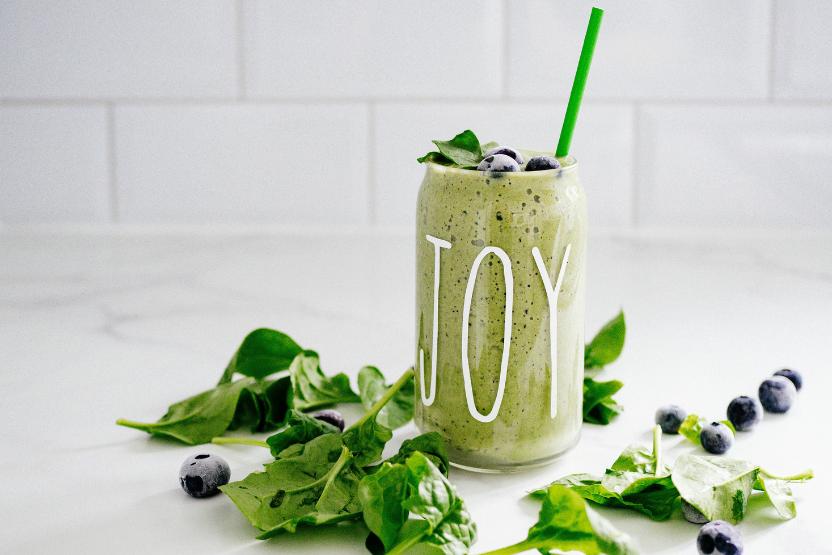
Low Magnesium Levels: Signs and Solutions
Share
Introduction
Magnesium is an essential mineral crucial for over 300 biochemical reactions in the human body, including muscle function, nerve signaling, and energy production.
Its deficiency, however, has become a silent epidemic globally, with studies suggesting a significant portion of the population fails to meet the recommended daily intake. The implications of magnesium deficiency are profound, affecting bone health, cardiovascular stability, and even mental well-being.
This article explores practical solutions for addressing low magnesium levels through diet and supplementation.
Diet and Lifestyle Changes
To combat lack of magnesium in your diet, consider these simple yet effective strategies:
Incorporate Magnesium-Rich Foods
Increasing dietary intake of magnesium-rich foods is one of the most effective ways to maintain optimal levels. Some excellent sources include:
- Leafy Greens: Spinach and kale are rich in magnesium, with a single cup providing up to 40% of the recommended daily intake.
- Nuts and Seeds: Almonds, cashews, and pumpkin seeds are particularly high in magnesium.
- Whole Grains: Foods like brown rice, quinoa, and whole-wheat bread contribute significantly to daily magnesium intake.
Including at least three servings of these foods per day can help prevent deficiency. For example, a handful of almonds or cashews, or a portion of steamed spinach, can make a significant contribution to your daily magnesium intake.
Moderation in Alcohol and Caffeine Consumption
Both alcohol and caffeine can interfere with magnesium absorption. Limiting intake can prevent further depletion of this vital mineral. Consider swapping out that second cup of coffee for a nutrient-rich smoothie.
Natural Supplements to Replenish Magnesium Levels
Epsilon Life’s Magnesium Glycinate
Epsilon Life’s Magnesium Glycinate stands out with its high absorption rate and bioavailability, which means your body gets more of what it needs without the unwanted digestive discomfort common in other forms.
These small veggie capsules, containing 55 mg of elemental magnesium, are easy on the stomach and ideal for anyone needing a gentle yet effective way to boost their magnesium levels.
The capsules support a range of diets, from vegan to paleo, and are made in the UK to the highest pharmaceutical GMP standards without artificial fillers.
Feel the difference in your relaxation and energy levels, and check out the glowing customer reviews.
Check Price and Purchase on Amazon UK.
Other Forms of Magnesium Supplements
While options like magnesium citrate are available, they may not provide the same level of gastrointestinal comfort as glycinate.
These forms can also have a lower absorption rate, leading to less optimal magnesium replenishment.
Topical Magnesium and Baths
For those seeking relaxation and a sense of well-being after a long day, topical magnesium, or Epsom salt baths can offer a soothing experience.
However, they are unlikely to raise magnesium levels in the body significantly.
Conclusion
Addressing magnesium deficiency requires a multifaceted approach. Through mindful diet and lifestyle changes, coupled with high-quality supplements like Epsilon Life’s Magnesium Glycinate, you can effectively manage your magnesium levels.
Remember to consult with healthcare professionals before starting any new health regimen, and choose clean, high-standard supplements to support your health journey.
Disclaimer: This article is for educational purposes only and is not intended to diagnose, treat, cure, or prevent any disease. Always consult with a healthcare provider before making any changes to your supplement intake.
References


